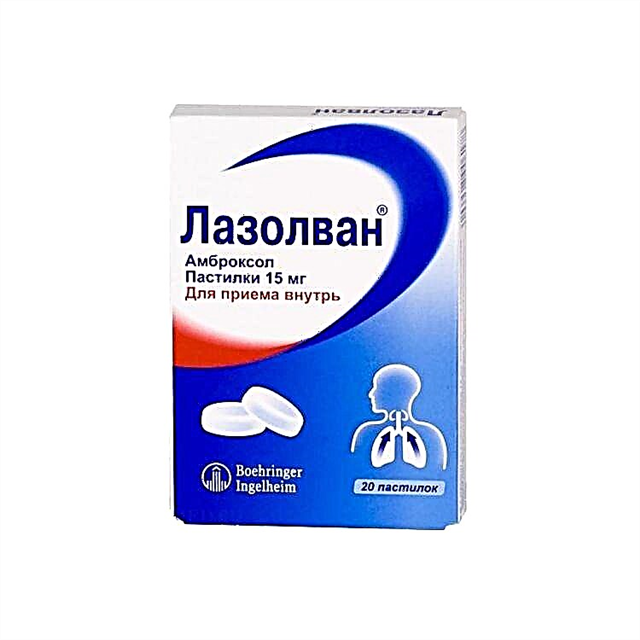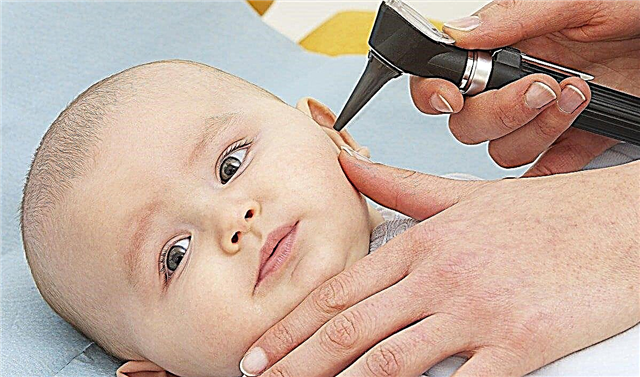
More than half of children aged from 6 months to 7-8 years can hear teeth grinding at night or during the day. Doctors call this phenomenon bruxism, while they are not classified as pathological conditions or diseases, but they are not considered the norm.

In most cases, this is a temporary situation that soon passes and does not harm the child in any way, but with prolonged and very frequent episodes of grinding, bruxism can harm the baby's health. Why can there be such a problem, what to do with frequent gnashing of teeth and how to forget about bruxism forever?
Why it happens at night, why it happens during the day
Most often, a child scares parents with gnashing of teeth at night, but this phenomenon can also be noted during the day. Squeaking sounds are often caused by the clenching of the jaws due to the involuntary contraction of the chewing muscles. Most often, bruxism is diagnosed at the age of 2-4 years, and mainly in boys.
The factors provoking the appearance of bruxism are:
- Stressful situations because of which the nervous system of the crumbs suffers. Babies at any age, be it 1 year or 5 years old, react to changes in life quite sharply. The psychological stress on a child can even be an excess of positive emotions, and what can we say about negative stress. The appearance of squeaking teeth is possible when moving, starting a visit to the garden, moving to a new school, a tense atmosphere in a children's team or family conflicts. It can be difficult for a child to cope with weaning (this is a common cause of bruxism at 10-11 months, when it is too early to wean a baby), the loss of a favorite toy, separation from parents or a quarrel with a friend, which can also result in teeth grinding in a dream. Even new acquaintances and noisy holidays can provoke such a problem.
- Heredity. It can also cause teeth squeaking in childhood. At the same time, it was noted that bruxism is inherited more often by boys and manifests itself at night in children aged 3-6 years. If a relative had a problem in childhood, the most likely cause of the squeaking teeth will be a genetic factor.
- Teething. This reason can cause teeth grinding both in infancy, when the baby is just having the first milk teeth (for example, at 8 or 9 months), and in school-age children who begin to change teeth to permanent ones (from 5-6 years age). It is this reason that most often causes daytime grinding of teeth, since the baby experiences discomfort from teething during the day and tries to eliminate it by rubbing the jaws.
- Overwork. It can be caused by the child's heavy workload at school, improperly organized daily routine, prolonged TV viewing or hours of playing on the computer. As soon as the load on the child is normalized, bruxism usually disappears.
- Dental problems. Bruxism can be caused by jaw abnormalities (inflammation or abnormal development of the joints) and malocclusion. Due to a disturbed bite, a child can often squeak his teeth during the day, trying to position them more comfortably in his mouth.
- Sleep problems. Teeth grinding is triggered by difficulty falling asleep, nightmares, snoring, sudden frequent awakenings, somnambulism, or enuresis. In most cases, such causes are observed in boys.
- Increased adenoids. Night grinding of teeth occurs in many children with adenoiditis. It is caused by the discomfort that a child with enlarged adenoids feels.
- Muscle tension due to a lack of B-group vitamins, calcium, and magnesium. A deficiency of these substances can provoke convulsive contraction of the muscles, including the muscles of the jaws.


If you have a cough
Squeaking teeth occur simultaneously with a cough or a stuffy nose. Such manifestations are characteristic of bronchitis, polyps, or sinusitis. As a result, due to a runny nose and shortness of breath, the baby often grinds his teeth in the daytime. But, as soon as the underlying disease passes, bruxism disappears with it.
Dangerous consequences
Grinding teeth is quite often a temporary phenomenon that stops with the disappearance of the provoking factor, for example, teething teeth or a cold, but often bruxism manifests itself for so long that it threatens the appearance of problems in the dental sphere:
- Violation of the growth of teeth.
- Premature abrasion of the enamel.
- The appearance of microcracks on the teeth.
- The development of caries.
- Increased sensitivity of teeth and gums.
- Inflammation of the tissues around the teeth, which can become chronic.
- Loose teeth.

Among other things, grinding your teeth can interfere with sleep at night and cause headaches. If we ignore the psychological causes of bruxism, the risk of mental retardation, depression, hearing and vision impairment, weakening of immunity and other problems increases.
What to do?
If teeth grinding occurs rarely and lasts no more than 10 seconds, you do not need to worry, but if this phenomenon lasts more than a month or the duration of the attacks of grinding teeth for more than 10 seconds, you will have to take certain measures. So that bruxism does not affect the health of the crumbs and does not lead to damage to the teeth, it is important to establish the cause of such a problem, on the basis of which to act further. For this baby it is recommended to show:
- Pediatrician. This doctor should be consulted first. He will be able to identify signs of teething, colds or overwork in the baby.
- To a neuropathologist. This specialist will conduct a special examination and will be able to identify such causes of bruxism as stress and problems in the functioning of the nervous system.
- Somnologist. Such a specialist is able to identify and treat sleep problems.
- To the dentist. The doctor will examine the baby's teeth and determine both the presence of dental reasons that caused the appearance of bruxism, and find out if the phenomenon has harmed the teeth.

Treatment
The way parents are advised to deal with bruxism will be influenced by the cause of the symptom:
- If the occurrence of grinding is due to an adverse effect on the child's nervous system, the doctor will recommend creating a comfortable and calm atmosphere in the house, inviting guests less and not going to noisy places. Walking and sports are encouraged, but active games and television at night should be avoided. Before going to bed, the baby can do warm baths, in which decoctions of herbs with a calming effect are added. In addition, B vitamins are prescribed, since they have a beneficial effect on the functioning of the nervous system, and they also use sedative drugs and aromatherapy.
- Bruxism caused by a hereditary factor practically does not heal, but passes by itself over time. However, some children may suffer from this symptom for a long time, while in other babies it disappears in a short time.
- If parents notice that bruxism has appeared due to teething, you can relieve the condition of the crumbs with the help of special gels and rubber teethers. They will reduce pain and discomfort, thereby eliminating the reason for grinding your teeth.
- If overwork is the cause of the squeaking attacks, it is recommended to revise the child's day regimen by adjusting the time of sleep and rest. Additional sections and circles should be excluded from the routine, and if the child is very keen on a computer or watching TV, strictly control such leisure, limiting its duration. Putting your child to sleep at night is an hour earlier.
- With bruxism caused by a disturbed bite, treatment will be prescribed by the dentist. He will recommend the use of special splints, exercises to relax the muscles of the tongue and face (clench and unclench the jaws, raise the tongue in a slide, stretch the lips in a smile), massage the lower jaw in the evenings, eat solid foods (carrots, apples and other foods that need to be chewed for a long time ). With inflammation of the tissues around the teeth, the child will be prescribed medications and rinsing with herbal decoctions.
- In a situation where bruxism is caused by sleep problems, the appointment of a specialist who is well versed in such violations should be followed.
- If teeth grinding is associated with adenoiditis, the child should be shown to the ENT, who, depending on the stage and severity of the disease, will prescribe a certain drug treatment or recommend an operation.
- To eliminate the risk of bruxism, such as a lack of vitamins and minerals, the child is prescribed complexes in which all the necessary substances are presented in the age dosage required by the child.

If there is a risk of tooth damage due to night or daytime episodes of squeaking teeth, the child will be advised to wear special attachments called mouth guards. They will prevent the enamel from being erased and microcracks to appear on it.
If you grind your teeth in the daytime, it is also advised to try to distract your child with an interesting activity. Go to the park, read a book, play something new so that the baby will forget about the unpleasant sensations in the mouth.
Komarovsky's opinion
A popular doctor urges parents not to give antihelminthic drugs to children when they grind their teeth without examination, since the connection between infection with worms and grinding teeth at night or during the day has not been confirmed by medical studies. Komarovsky advises to contact a neurologist and a dentist with prolonged and frequent grinding of teeth, because these specialists will help you quickly and effectively cope with bruxism.

You can learn more about the causes of bruxism and how to treat it in the following videos.



